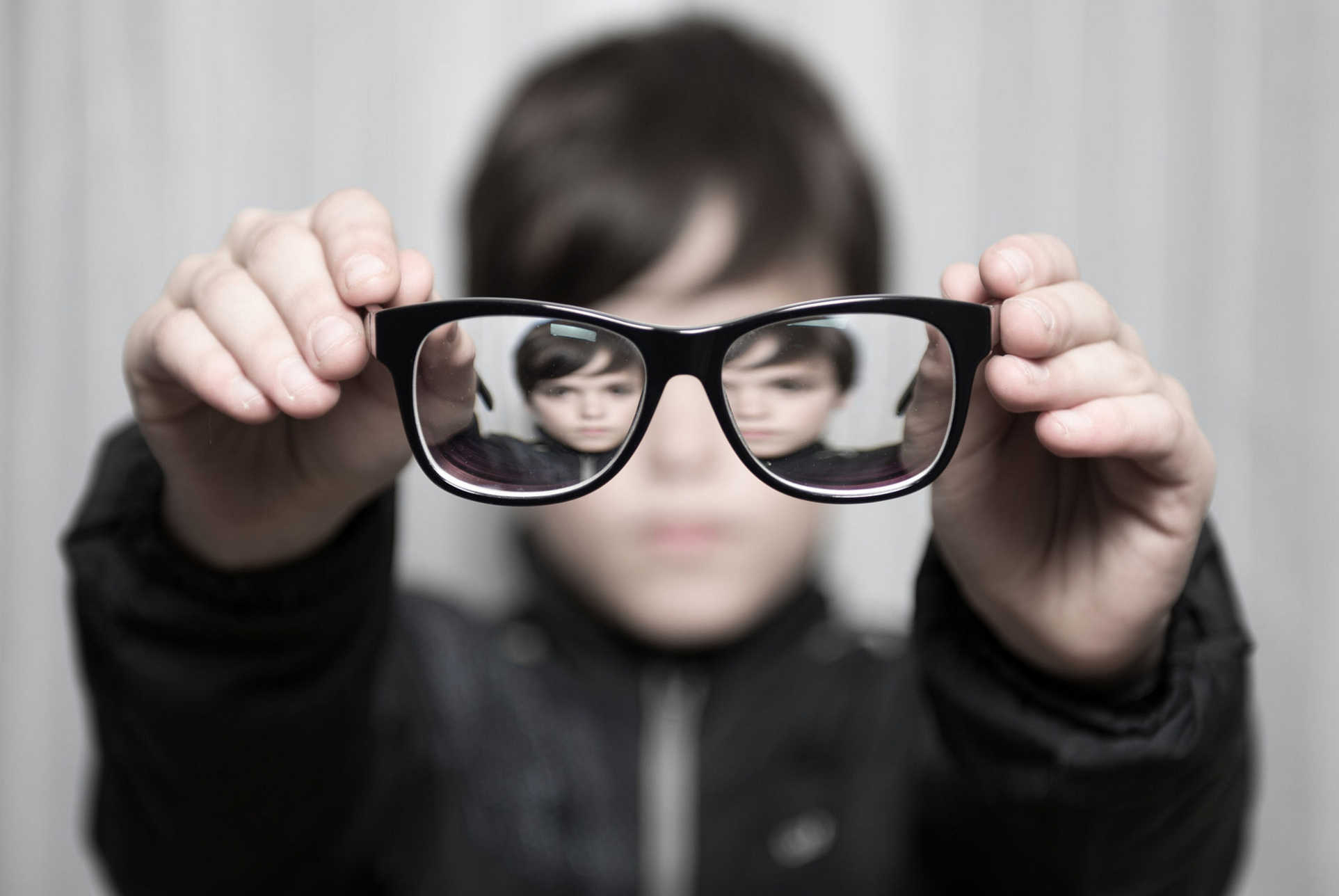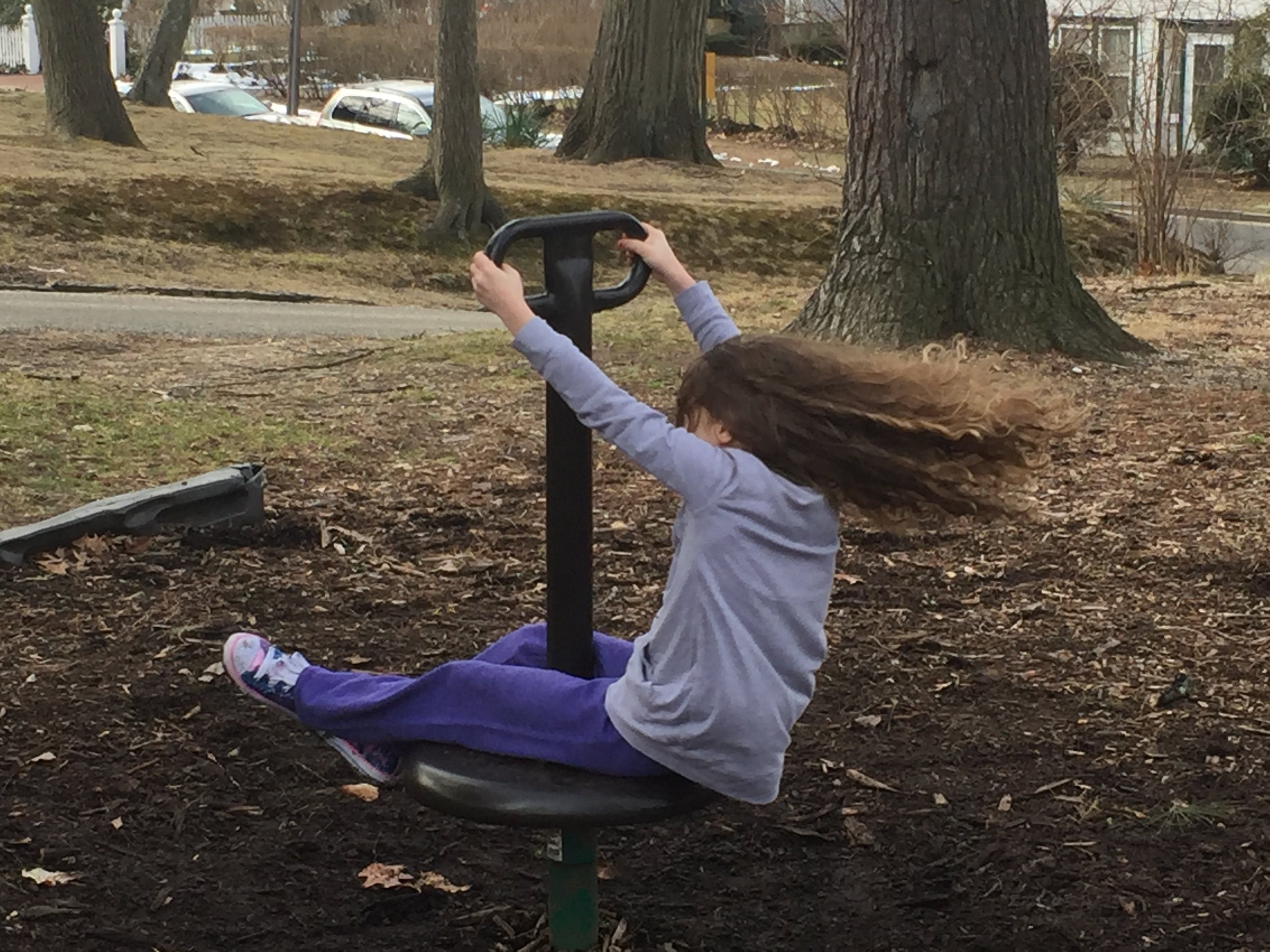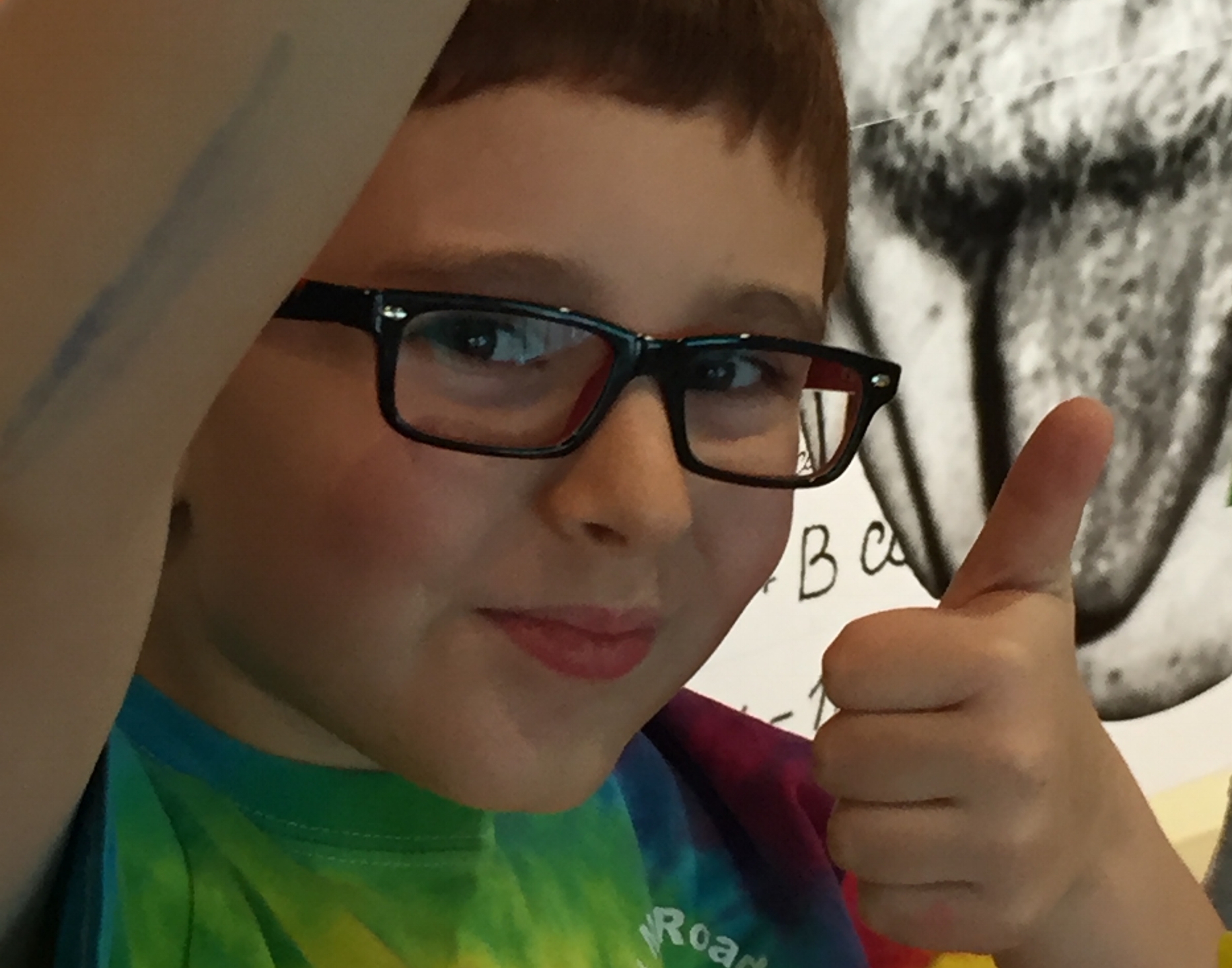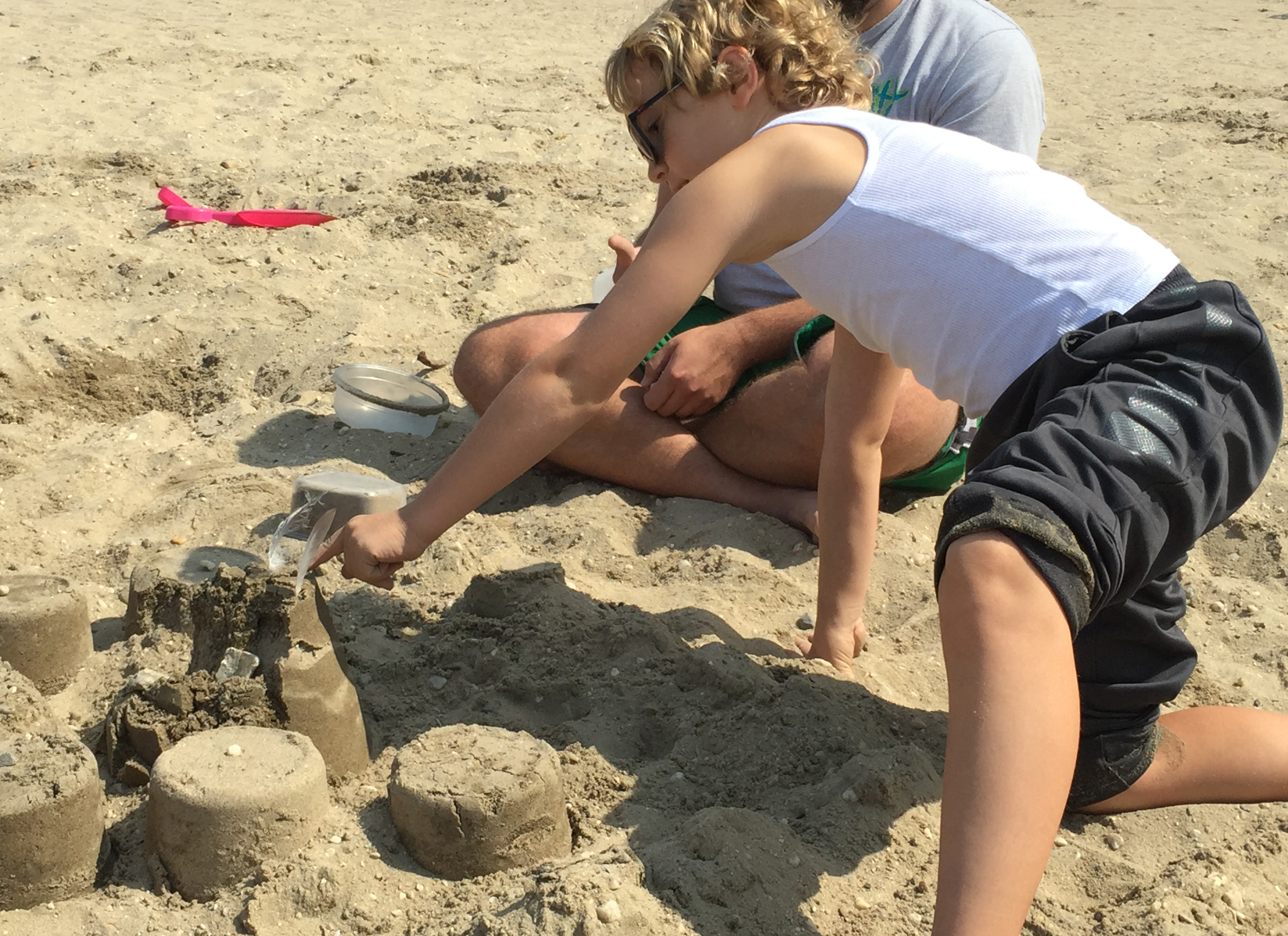
Understanding 2e
The twice-exceptional label sits at the intersection of many identifying attributes. Providing the best support to twice-exceptional individuals requires understanding all the relevant characteristics that contribute to their experiences. This page gives an overview of the characteristics that contribute to the twice-exceptional label, what it looks like for individuals who are 2e, and the dual lens needed to help those individuals thrive.
What does it mean to be neurodivergent?
Neurodiversity refers to the broad diversity in how every person’s brain works. The neurodiversity paradigm is a perspective that neurodiversity is good, there isn’t any one type of healthy or normal type of brain, and that the social dynamics that form around this diversity are similar to those around other forms of diversity, including inequities that can form based on social power dynamics and the strength that can be found when diversity is embraced.
Under this paradigm, neurodivergent refers to those who differ from the societal majority or norm(also known as neurotypical). Most commonly, the term neurodivergent describes those with what has been labeled neurodevelopmental disorders, such as autism, ADHD, and dyslexia. However, it applies to a much broader swath of the population, from those with anxiety and PTSD to monks who’ve meditated for so long that it’s changed the structure of their brains. Thus, being neurodivergent can mean many different things to each individual who uses the label. Still, generally, they are unified in experiencing, and how they process, experience, and communicate things differs from that of a neurotypical majority.
To be neurodiversity-inclusive is to make an environment, event, or service accessible and inclusive for all neurotypes. Typically, this focuses on making more of an effort to include those who are neurodivergent, because they differ from the majority.
This article thoroughly defines these and several other terms related to the neurodiversity paradigm and the neurodiversity movement. Find out more here.
What does it mean to be gifted?
“Giftedness is characterized by uneven or asynchronous cognitive development coupled with heightened emotional sensitivities and intensities. The disparity between precocious intellectual development on the one hand and normal physical and skill development on the other creates inner experiences and awarenesses for the gifted child (and adult) that are qualitatively different from the norm.”
Similar to neurodivergent gifted is also a broad term, though it is one that most commonly used in educational settings, that refers to individuals whose abilities (academic or non-academic) are above average compared to their peers. This includes excelling in academics, intellectual ability, creativity, leadership, and visual or performing arts. Giftedness is a form of neurodivergence resulting from brains working differently from the societal norm. As the quote above highlights, gifted individuals often have a development trajectory that differs from the norm, leading to them needing additional or specialized support.
Gifted individuals typically share the characteristics of intensity (intellectual, emotional, physical), high intelligence in one or more areas (academic or non-academic), independent/divergent thought processes, and idealism. They may also face challenges such as perfectionism, existential concerns, isolation, misunderstanding, and lacking outlets for creativity or ideas.
What does it mean to have a disability?
A disability is any condition that makes it more challenging to interact with the world or complete necessary or desired tasks. Disabilities can be identified through a medical model or a social model. The medical model sees disabilities as something to “fix” or “cure,” whereas the social model views disabilities as the result of society not building the world to accommodate them. For example, a medical model would focus on how to help someone in a wheelchair to walk again to help them access the facilities and activities they want. In contrast, the social model would focus on building ramps and other accessibility features so that the person in a wheelchair can access those facilities for themselves. How much each model applies to specific disabilities can vary greatly between disabilities, and what lens someone views their disability through can vary significantly, even among people with the same disability.
Under the neurodiversity paradigm, forms of neurodivergence that are also disabilities-including emotional, sensory, or learning disabilities and neurobiological disorders-are viewed through the lens of the social model of disability. To clarify, the challenges associated with these labels are considered challenges to understand and accommodate rather than something to change about the person. This idea aligns with a strengths-based approach that highlights an individual’s strengths while supporting them in areas where they face challenges.
What does it mean to be twice-exceptional (2e)?
2e students and adults are simultaneously gifted and have a neurobiological disorder or emotional, sensory, or learning disability, demonstrating many combinations of superior ability in one or more areas and one or more social, emotional, or academic challenge(s) caused by a disorder or disability.
Specific disabilities that can be associated with the 2e experience include:
Physical disabilities Autism spectrum disorder
ADHD Learning disabilities such as dyslexia, dysgraphia, etc.
Emotional and/or behavioral disorders Receptive and/or expressive language disorders
Specific areas that may be challenging are:
Impulsivity Sensory sensitivity
Sensation seeking Difficulty with executive function
Processing delays Trouble with anxiety or overwhelm
Psycho-social issues
A Dual Lens for 2e
Skill development of 2e learners is typically uneven or asynchronous because of these dual exceptionalities. Due to the challenges of this atypical development trajectory, it is critical that 2e individuals are identified, recognized, and accommodated for both their strengths and challenges – and one should never be compromised for the other. This “dual lens view” is necessary to create the appropriate academic, employment, social, and emotional supports and opportunities for 2e individuals.
Characteristics:
Quick Learner High Energy
Advanced Vocabulary Perfectionism
High Abstract Learning Strong Curiosity
Keen Visual Memory/Spatial Skills Intensity/Sensitivity
Comprehends Complex Systems Wide Range of Interests
Good Mathematical Reasoning Tends to Question Rules or Authority
Sophisticated Sense of Humor Advanced in Geometry, Sciences & Arts
Imaginative/Creative/Insightful Prefers Older or Younger Peers/Adults
Long Attention Span (When Interested) Difficulty with Memorization/ Computation/ Phonics/ Spelling
“Not a diagnosis, twice exceptionality is a conceptual way of understanding, identifying and supporting the social, emotional and academic needs of a uniquely gifted learner. Not every gifted child is twice exceptional, but every twice exceptional child is gifted.”





